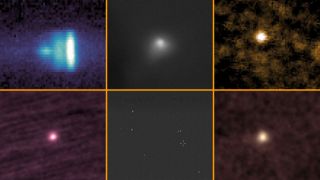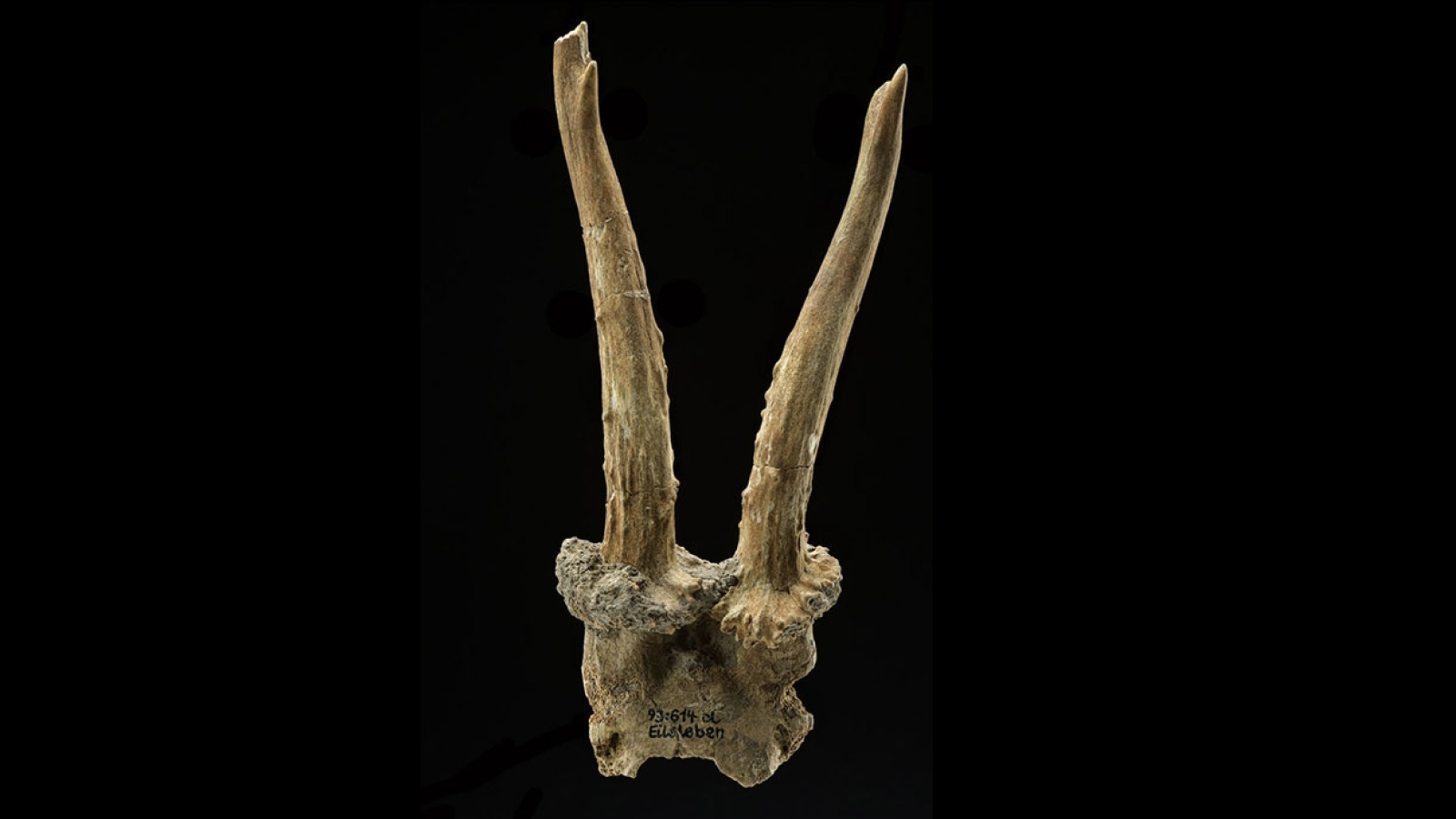
Patrick Pester
Patrick Pester is the trending news writer at Live Science. His work has appeared on other science websites, such as BBC Science Focus and Scientific American. Patrick retrained as a journalist after spending his early career working in zoos and wildlife conservation. He was awarded the Master's Excellence Scholarship to study at Cardiff University where he completed a master's degree in international journalism. He also has a second master's degree in biodiversity, evolution and conservation in action from Middlesex University London. When he isn't writing news, Patrick investigates the sale of human remains.
Latest articles by Patrick Pester
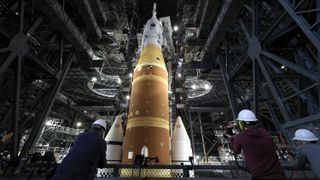
Hydrogen leak derails Artemis II wet rehearsal, pushing launch date back by weeks
By Patrick Pester published
NASA has delayed the Artemis II launch until March at the earliest after engineers discovered hydrogen leaks during last night's wet dress rehearsal.
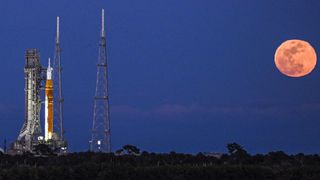
Artemis II simulated launch window opens tonight as NASA delays mission due to 'rare Arctic outbreak'
By Patrick Pester published
NASA's Artemis II simulated launch is scheduled for tonight after Arctic weather forced the mission to be delayed. The first crewed Artemis mega moon rocket could still leave Earth as early as this weekend.

Next-generation AI 'swarms' will invade social media by mimicking human behavior and harassing real users, researchers warn
By Patrick Pester published
Artificial intelligence experts have warned that AI "swarms" are poised to infiltrate social media by deploying agents that mimic human behavior and exploit our tendency to follow the herd.
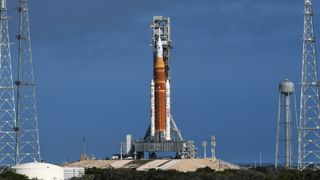
NASA is preparing for simulated launch of Artemis II mega moon rocket — and it could happen as early as Saturday
By Patrick Pester published
NASA has announced it will fuel the Artemis II rocket as part of a simulated launch that will take place as early as Saturday (Jan. 31).
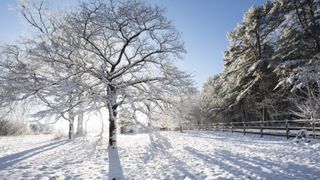
Arctic blast probably won't cause trees to explode in the cold — but here's what happens if and when they do go boom
By Patrick Pester published
An exploding tree claim has gone viral as the U.S. brace for an Arctic blast that will send temperatures plunging, triggering a massive and long-lasting winter storm.
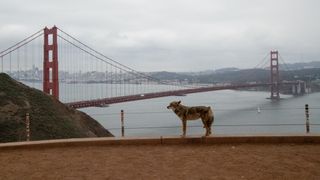
Coyote scrambles onto Alcatraz Island after perilous, never-before-seen swim
By Patrick Pester published
Experts have reacted to a viral video of a coyote swimming to Alcatraz Island in what is a surprising first for the San Francisco Bay Area.
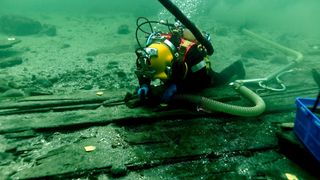
Medieval 'super ship' found wrecked off Denmark is largest vessel of its kind
By Patrick Pester published
Divers have unearthed the largest cog shipwreck ever discovered in a strait off Denmark, signalling a period of economic development in medieval Europe.
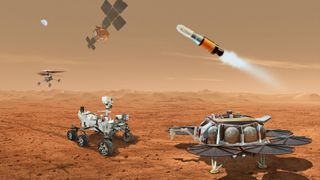
NASA's Mars Sample Return is dead, leaving China to retrieve signs of life from the Red Planet
By Patrick Pester published
NASA's plans for Mars sample return are effectively cancelled as part of a bill approved by the U.S. Congress, ending efforts to collect Perseverance rover samples that could contain evidence of alien life.

NASA astronauts back on Earth after unprecedented medical emergency on ISS
By Patrick Pester published
The SpaceX Crew-11 Dragon spacecraft splashed down this morning as four astronauts completed an unprecedented medical evacuation of the International Space Station (ISS).
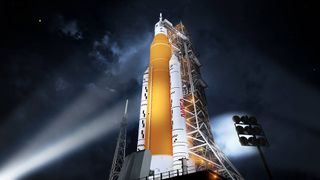
Artemis 2 mission update: Rollout imminent as NASA prepares first crewed Artemis mission to the moon
By Patrick Pester published
NASA's Artemis 2 rollout could be as early as this weekend as the space agency makes final preparations for its first crewed Artemis moon mission.

China's 'artificial sun' reactor shatters major fusion limit — a step closer to near-limitless clean energy
By Patrick Pester published
China's EAST nuclear fusion reactor has successfully kept plasma stable at extreme densities, passing a major fusion milestone and potentially bringing humanity closer to wielding near-limitless clean energy.
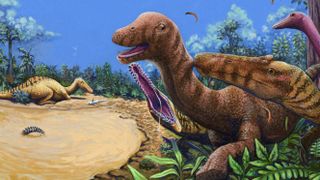
Spinosaurus relative longer than a pickup truck stalked Thailand's rivers 125 million years ago
By Patrick Pester published
A large fish-eating dinosaur died beside a river 125 million years ago in Cretaceous Thailand. Now, the remains of this ancient predator are helping researchers better understand Asia's enigmatic spinosaurids.
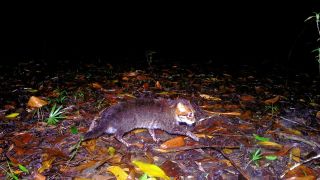
Flat-headed cat not seen in Thailand for almost 30 years is rediscovered
By Patrick Pester published
Conservationists are celebrating the rediscovery of flat-headed cats in Thailand after camera traps recorded the endangered feline for the first time in almost 30 years.
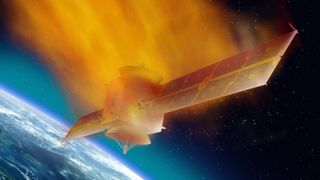
That was the week in science: Farewell comet 3I/ATLAS | Starlink tumbles from orbit | AI’s giant carbon footprint
By Patrick Pester, Ben Turner last updated
LIVE Friday, Dec. 19, 2025: Your daily feed of the biggest discoveries and breakthroughs making headlines.
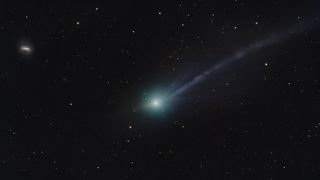
Interstellar comet 3I/ATLAS makes closest pass of Earth. Where's it heading next?
By Patrick Pester published
Everyone's favorite interstellar comet, 3I/ATLAS, flew past Earth overnight, coming within about 168 million miles (270 million kilometers) of our planet.
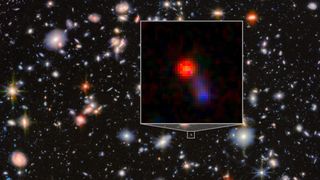
James Webb telescope finds supermassive black hole hidden inside 'Jekyll and Hyde' galaxy
By Patrick Pester published
The discovery of a hidden supermassive black hole inside an ancient galaxy suggests that some of our universe's most extreme objects could be invisible unless observed in infrared wavelengths, James Webb telescope observations reveal.
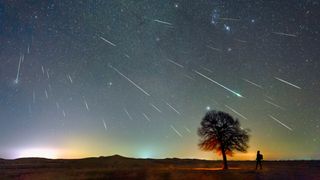
That was the week in science: Second earthquake hits Japan | Geminids to peak | NASA loses contact with Mars probe
By Patrick Pester, Tia Ghose last updated
Friday, Dec. 12, 2025: Your daily feed of the biggest discoveries and breakthroughs making headlines.
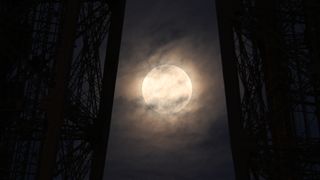
That was the week in science: Vaccine skeptics get hep B win | Comet 3I/ATLAS surprises | 'Cold Supermoon' pictures
By Ben Turner, Tia Ghose, Patrick Pester, Alexander McNamara last updated
Live blog Friday, Dec. 5, 2025: Your daily feed of the biggest discoveries and breakthroughs making headlines.
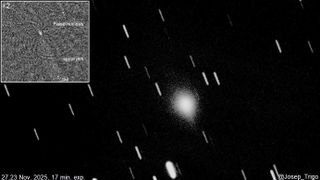
Interstellar comet 3I/ATLAS is erupting in 'ice volcanoes', new images suggest
By Patrick Pester published
Scientists have observed cryovolcanoes erupting on comet 3I/ATLAS — giving us a new clue about what's inside it.
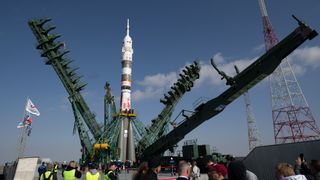
That was the week in science: Soyuz launch pad seriously damaged | 'Holy Grail' of shipwrecks | Interstellar object dangers
By Ben Turner, Alexander McNamara, Patrick Pester, Brandon Specktor last updated
Live blog Friday, Nov. 28, 2025: Your daily feed of the biggest discoveries and breakthroughs making headlines.
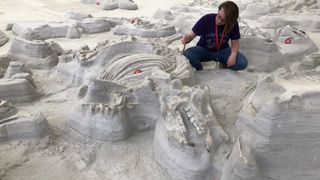
Large, bone-crushing dogs stalked 'Rhino Pompeii' after Yellowstone eruption 12 million years ago, ancient footprints reveal
By Patrick Pester published
Researchers have found footprints of large, bone-crushing dogs in the 12 million-year-old Ashfall Fossil Beds in northeastern Nebraska, suggesting these large carnivores may have survived a cataclysmic Yellowstone eruption that covered parts of North America in ash.
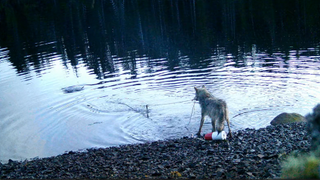
Wolf stealing underwater crab traps caught on camera for the first time — signalling 'new dimension' in their behavior
By Patrick Pester published
A video has revealed never-before-seen behaviors in wolves that could mark the first case of tool use in a wild member of the wolf and dog family — and it was all for some crab bait.
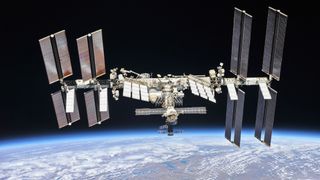
That was the week in science: CDC in turmoil | Moss survives space | Comet 3I/ATLAS images
By Ben Turner, Patrick Pester, Tia Ghose, Alexander McNamara last updated
Live blog Friday, Nov. 21, 2025: Your daily feed of the biggest discoveries and breakthroughs making headlines.
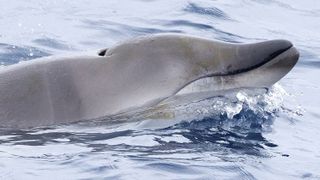
Scientists find rare tusked whale alive at sea for the first time — and shoot it with a crossbow
By Patrick Pester published
Researchers have identified ginkgo-toothed beaked whales alive at sea for the first time after years of searching, and in doing so solved the mystery of an odd echolocation pulse in the North Pacific.
Get the world’s most fascinating discoveries delivered straight to your inbox.
